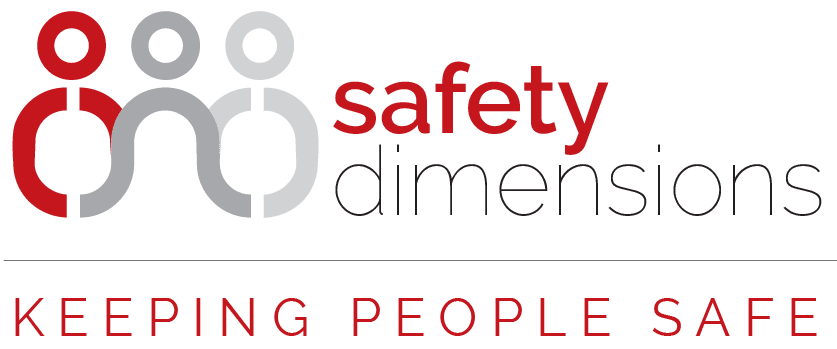Being a leader means you’re tasked with many responsibilities, across managing people and teams, organisational expectations and performance. Not every leader is awesome at all aspects of leading teams – here are four common mistakes you may be making:
- No vision.
Without a clear vision compelling your team into action, does your team know what you’re all trying to achieve at a top level? And why should they care? - Not developing your people.
Are you setting goals to support a growth mindset and creating an opportunity for your people to develop? If not, you’re wasting their potential to move themselves, yourself (as their leader), and the organisation forward. - Not knowing where to focus your energy.
With so much to manage, do you know what the best use of your time and resources are? Not being able plan and prioritise your people and resources is a recipe for disaster. - Not delegating.
Burnt out? Micro-managing because you can’t let go? Chances are you’re doing too many things your team should be responsible for. You are also stifling their development. You need to find the balance between a hands-off approach and micromanaging. Look at additional training and development you think they lack and plan regular check-ins while they’re doing their job so you can concentrate on your priorities.
Want to develop your ability to lead teams?
Our Leading Teams program is designed both for managers of intact teams, project teams and for team members working in a matrixed organisation. This program outlines the key stages of team development and how to move the team from early relationship development through to an aligned focus on goals and a collaborative workflow.
Our 2-day program also focuses on planning and prioritisation in order to create efficiencies, reduce rework and optimise individual performance. The Leading Teams program can be taken on its own, or as part of the BSB40520 Certificate IV in Leadership & Management.
After this two-day Leading Teams program you’ll be able to:
- Better appreciate where to focus your team’s energy in order to increase influence and reduce lost time on things beyond their control
- Plan, prioritise and evaluate resources in order to create efficiencies and optimise performance
- Identify opportunities to delegate tasks that support individual skills development and in-role growth
- Recognise behaviours that occur at each stage of team development
- Intervene appropriately to lead individuals through the stages of team development (either as a manager or team member)
- Review your current team against the characteristics of a high-performing team and develop strategies to progress toward this
- Build a vision and a compelling reason to motivate team members and subcontractors to work together toward optimal performance
- Set goals to support a growth mindset and opportunities for development
- Create action plans that can be implemented with current teams
Want to see how this program impacted Downer? Read more here: https://safetydimensions.com.au/leadership-excellence-at-downer/
Want more info?
Read more about our program BSB40520 Certificate IV in Leadership & Management>
Want this program customised for your workplace and industry?
Call 03 9510 0477 or email info@ldn.com.au
From our blog
How to Listen in 8 Simple Steps
Good communication has long been regarded as a foundation skill of strong leaders. With communication skills, a leader can build trust and robust relationships. They can successfully develop their teams, improve results and influence others. The core to communication...
As heat rises, so do safety risks
With summer fast approaching, it's time to think about staying safe when you're working in high temperatures. During hot temperatures, people become susceptible to a range of heat related medical issues, including dehydration, heat rash, heat cramps,...
How you can run an effective toolbox/pre-start meeting
Toolbox or pre-starts talks are interactive safety sessions that help focus a workforce on safety. They take place prior to the beginning of a work shift and they are an opportunity for an organisation to ensure that its entire workforce is fit for duty....
How to create cohesiveness in major projects
Being part of a major project is an exciting, medium-term commercial opportunity for businesses of all sizes in Australia. Typically, a major contract is won by a large contractor or consortium, which then enters into commercial agreements with many...
The big dry: How cultural values drive action in adversity
In parts of Queensland and New South Wales, the past 14 months have been the driest since records began to be kept in 1900. For some farmers, this is their fifth or sixth consecutive year of drought and dry conditions, with many struggling to survive....
Leading change: How leaders can foster the embrace of change
From the chrysalis, the beautiful butterfly is born. From the acorn, the mighty oak grows. Change is one of the few certainties in your life. It can be unexpected. It can feel disorientating and unwelcome, it creates disruption and pushes us out of our comfort zones....







